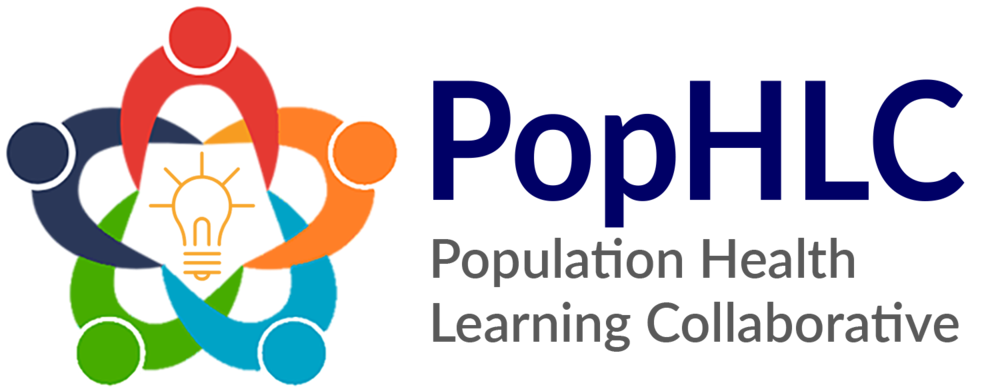How Local Health Departments Can Make the Most of New PH Infrastructure Funding
August 2nd, 2022 | Now ON-DEMAND
States will be getting significant new funding for improving Public Health infrastructure, but the needs are so much greater than the funding, so it will be important to invest the funds in ways that generate the greatest positive impact. 40% of the funding that states get will be passed through to local health departments.
This webinar shares some high-impact ways to maximize the impact of this money—helping each local health department get more resources.
Participants will learn:
Excellent (and economical) ways to build the strategic skills of new and existing staff (as well as community partners);
How to build and implement better CHIPs that get results, even when budgets are tight;
Why the next generation of monitoring and evaluation can have fewer headaches and more benefits;
High-impact strategies to address priority health issues with “everybody wins” partnerships;
How to simplify and improve Performance Management and other requirements for PHAB accreditation or reaccreditation.
Join us to learn how local health departments in your state can benefit from creative partnerships, sharing, eLearning, and group coaching in state-of-the-art practices so you get a lot more value from the dollars received by your state health department. This webinar is short—just 30 minutes. There is also one on July 26 that is targeting the state health departments on these same topics.
The applications for health departments in states or large cities or counties are due on August 15, so it’s important to view these webinars to enhance the applications.
Speakers
Bill Barberg, a co-founder of the Population Health Learning Collaborative, is the President and Founder of InsightFormation, Inc., a Minnesota-based consulting and technology company that helps communities, regions, and states address complex social and health issues that require multi-stakeholder collaboration. His deep background in strategy implementation has been featured in dozens of conference presentations and webinars, and he both organized and hosted the recent virtual summit on Innovations in Naturally Affordable Housing. He has been a pioneer in many projects that have pushed forward the practices for achieving Collective Impact on a wide range of issues—from addressing the opioid crisis to transforming housing re-developments into Communities of Hope in Detroit.
Bill was selected to write the chapter on “Implementing Population Health Strategies” for the book, “Solving Population Health Problems through Collaboration” (Routledge, 2017). His recommendations for using strategy maps is featured as a core recommendation in the new report by the National Academy of Public Administration. Bill recently co-authored a paper for the Journal of Change Management on “Leading Social Transformations to Create Public Value and Advance the Common Good”.
Carey Sipp, Director of Strategic Partnerships for PACEs Connection, helps decision makers at organizations and coalitions realize the benefits of partnership in the PACEs (positive and adverse childhood experiences) movement to prevent and heal childhood trauma and create positive childhood experiences. She is gifted in identifying potential partnerships and connecting organizations, grantees, funders, communities, and corporations that share similar or complementary missions and values, helping them connect the dots between, for example, creating trauma-informed work and school environments and seeing improvements in attendance and outcomes. She is also skilled at building relationships and making available the connections, learning, and data to accelerate and expand the movement and to track and share positive outcomes of the work.
Carey synergizes four decades of experience as an award-winning writer, marketer, fundraiser, and campaigner. Formerly the SE regional Community Facilitator for PACEs Connection, Carey supported initiatives in 11 states in forming, finding resources, and leveraging opportunities to implement trauma-informed practices. She still serves as the PACEs Connection lead in communications and social media to build awareness of PACEs science across all sectors.
Nora Murphy Johnson, CEO of Inspire to Change, is a teacher, coach, healer, and evaluator for soul-driven change work. Top 3 coaching topics: 1) helping you identify and live into your personal, professional, and organizational guiding principles, 2) developing principles-driven strategic visions for social change, 3) developing principles-driven arts-infused learning and evaluation plans (Creative Evaluation & Engagement).
Michael Quinn Patton is the Founder and CEO of Utilization-Focused Evaluation, an independent organizational development and program evaluation organization. He has authored numerous books on evaluation, including Blue Marble Evaluation (2019), Principles-Focused Evaluation (2018), Facilitating Evaluation (2018), Developmental Evaluation (2010) and Utilization-Focused Evaluation (2008). He has also edited or contributed articles to numerous books and journals, including several volumes of New Directions in Program Evaluation, on subjects as diverse as culture and evaluation, how and why language matters, HIV/AIDS research and evaluation systems, extension methods, feminist evaluation, teaching using the case method, evaluating strategy, utilization of evaluation, and valuing. His creative nonfiction book, Grand Canyon Celebration: A Father–Son Journey of Discovery, was a finalist for Minnesota Book of the Year. He sits on the Editorial Advisory Board for The Foundation Review.

























